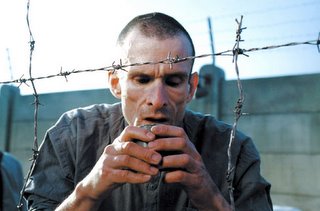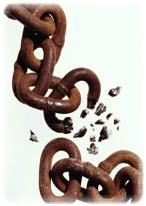The Sunday before Lent... why you should care.

Last year, the Bethany family was encouraged to enter into some form of self denial during the 40 day period leading up to Easter. To participate in this ritual is to stand in the stream of church history that goes back to the church’s earliest days, for as Ken Collins writes, “Lent is a season of soul-searching and repentance. It is a season for reflection and taking stock. Lent originated in the very earliest days of the Church as a preparatory time for Easter, when the faithful rededicated themselves and when converts were instructed in the faith and prepared for baptism. By observing the forty days of Lent, the individual Christian imitates Jesus’ withdrawal into the wilderness for forty days. All churches that have a continuous history extending before AD 1500 observe Lent. The ancient church that wrote, collected, canonized, and propagated the New Testament also observed Lent, believing it to be a commandment from the apostles” (http://www.kencollins.com/holy-04.htm)
Some gave up a particular food to identify with Christ’s sacrifice and self-denial. Many others ‘made room’ in their lives by setting aside some activity (such as watching Simpsons reruns, for example) and spending that time in either prayer or service to Christ. I had considered soliciting testimonies of the great things that happened for people when they participated in this discipline, but decided that this kind of solicitation is too utilitarian, too pragmatic, for something such as Lent. Lent (the word comes from a root word that means ‘spring’) isn’t a self-improvement program, though self-improvement may happen. But there’s something more foundational that needs to call us to the practice: We’re called to identify with Christ.
Paul the Apostle says that he does his share in ‘filling up what is lacking in Christ’s afflictions..’ (Colossians 1:24). We could argue about what this means, but when coupled with Paul’s admonitions about running the race ‘to win’ (I Corinthians 9:27) and his warnings about people ‘whose god is their stomach’, we begin to see that gaining control over one’s time, and thoughts, and appetites is a sign that we are becoming more like Christ, which of course is the whole goal. And so the sacrifice, the making room, is a way of drawing near to the One who sacrificed, and made room for me. And greater solidarity with Christ is the reward – whether such solidarity results in weight loss, lower blood sugar, better family time, or not isn’t the point.
I’d encourage you to consider a Lenten discipline – a sacrifice or a making space. It may be as simple as skipping a TV show, or as grand as fasting and Bible study/meditation in place of the meal. Whatever your discipline is, make it hard enough that you’ll be challenged, but easy enough that you’ll have a chance to succeed, at least most of the time. Then write it down, share it with a friend or family member, and embark on the journey of transformation. If you’d like to share a story of your Lent experience last year, please e-mail at richardd@churchbcc.org .
When the day is done, it’s all about becoming like Christ, and the discipline of Lent is one of the church’s oldest and best traditions to help move us there.








